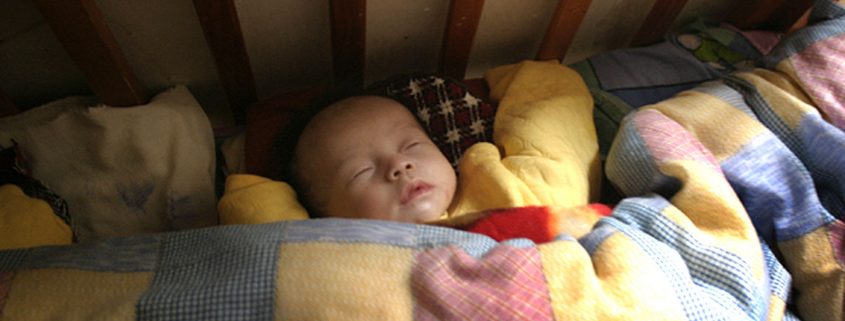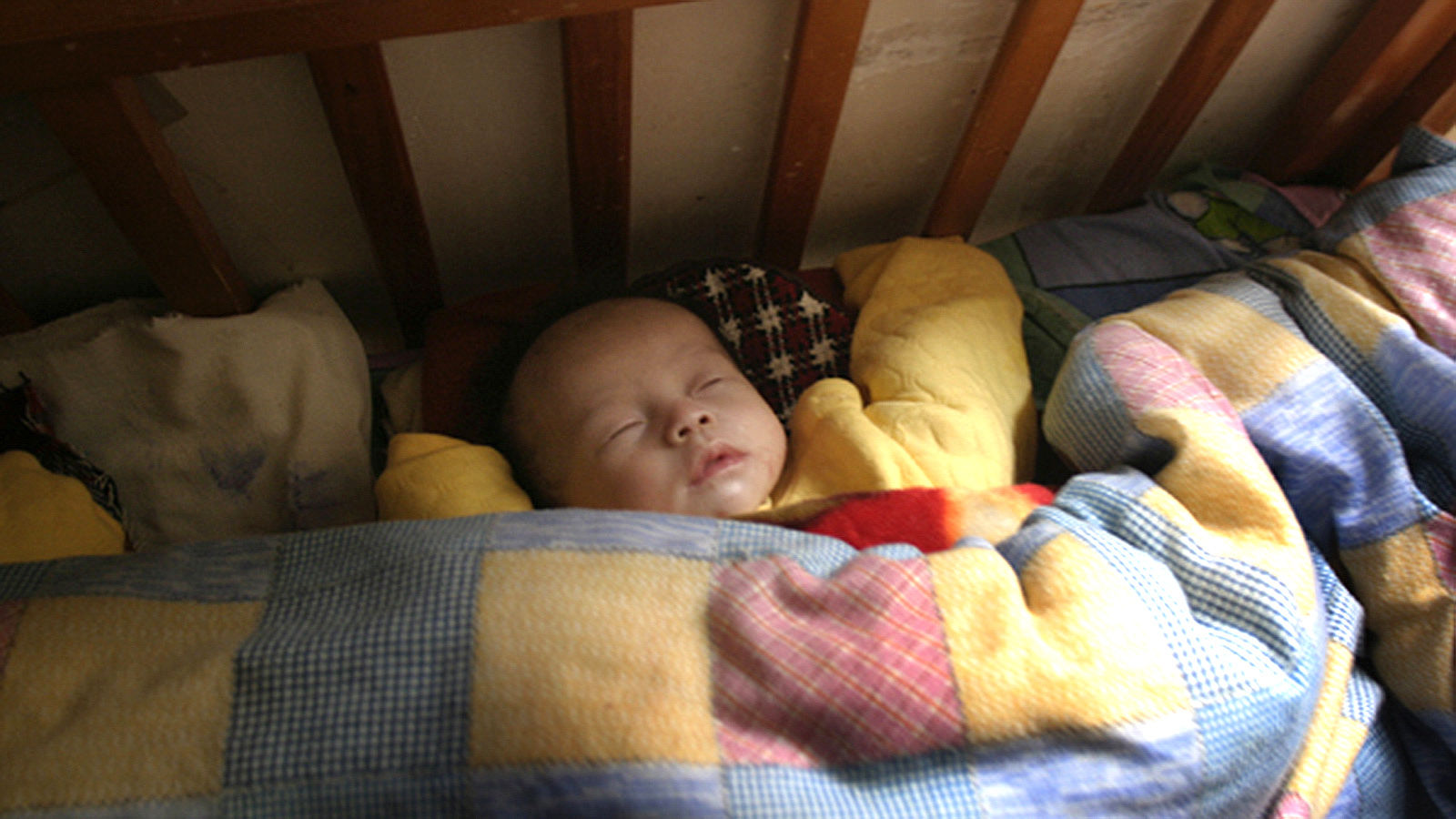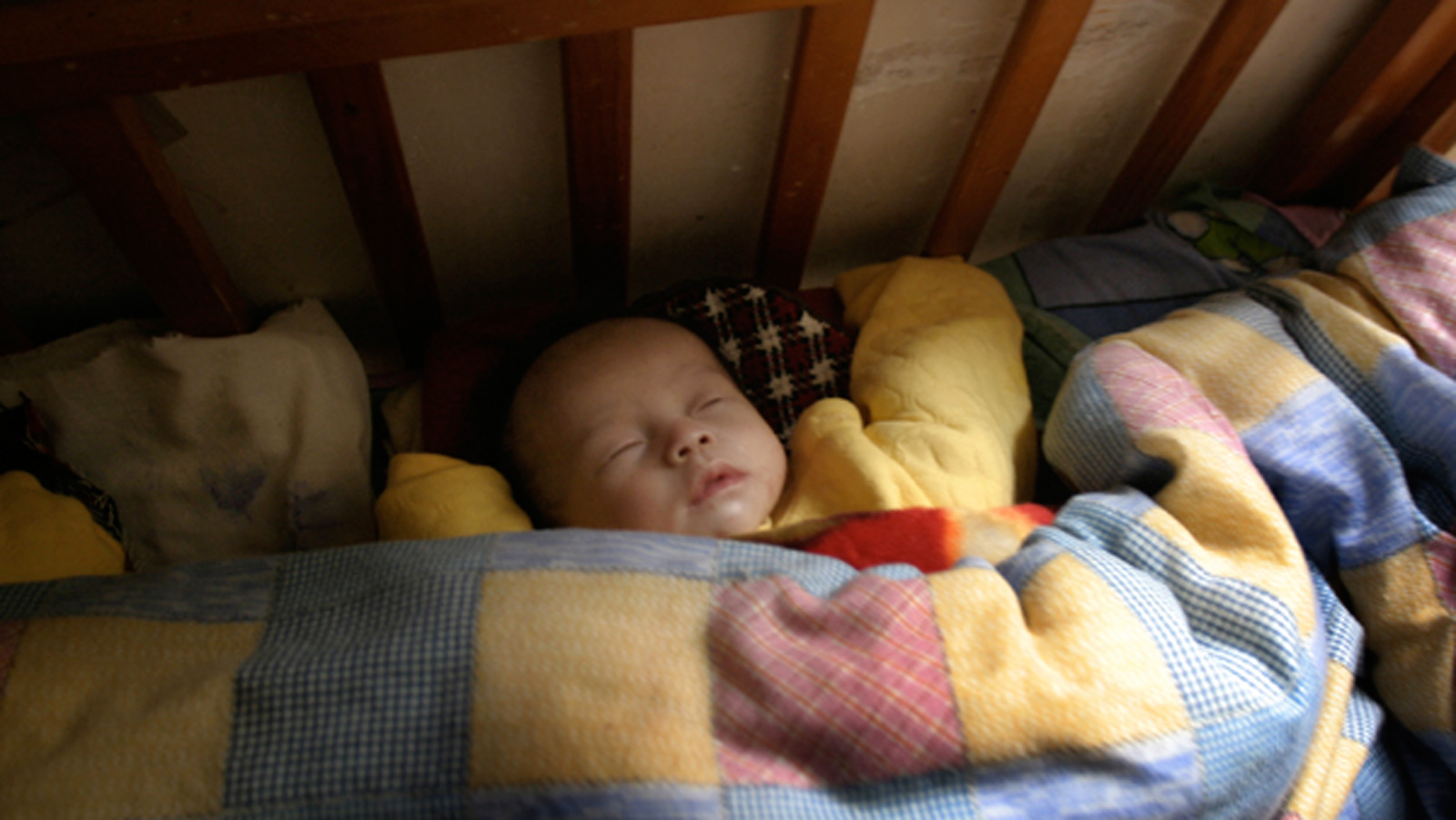Year of the Mouse-3
As we made our way along the snowy and treacherous road to Chenzhou,
I thought back to the conversation I had had with Alex Poon, the generous and soulful businessman who had provided the huge truck and driver for us.
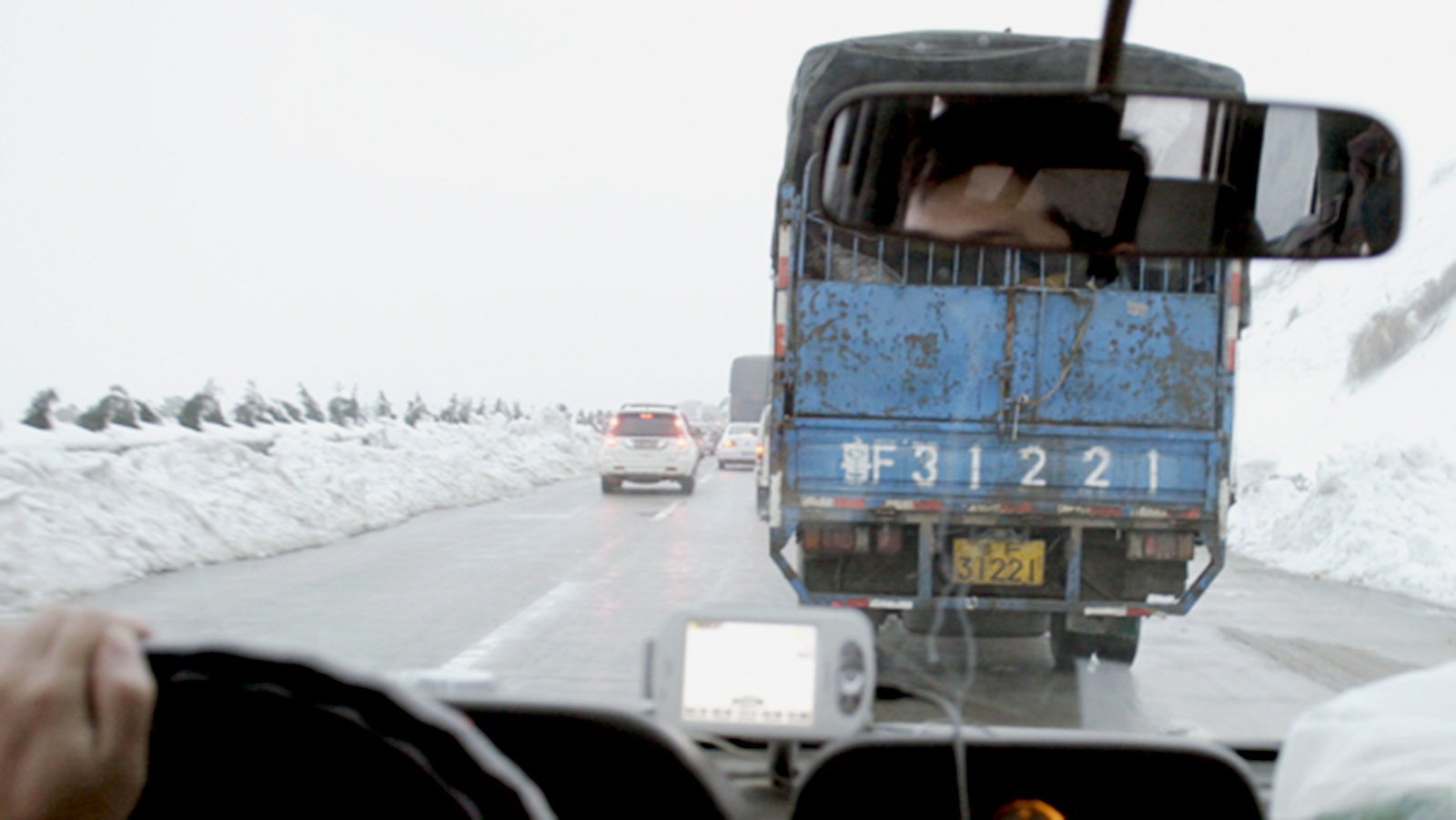
It was his strong opinion that this current weather-related crisis could only have happened in China and would not have been as big a crisis if it hadn’t happened on top of the Chinese New Year holiday.
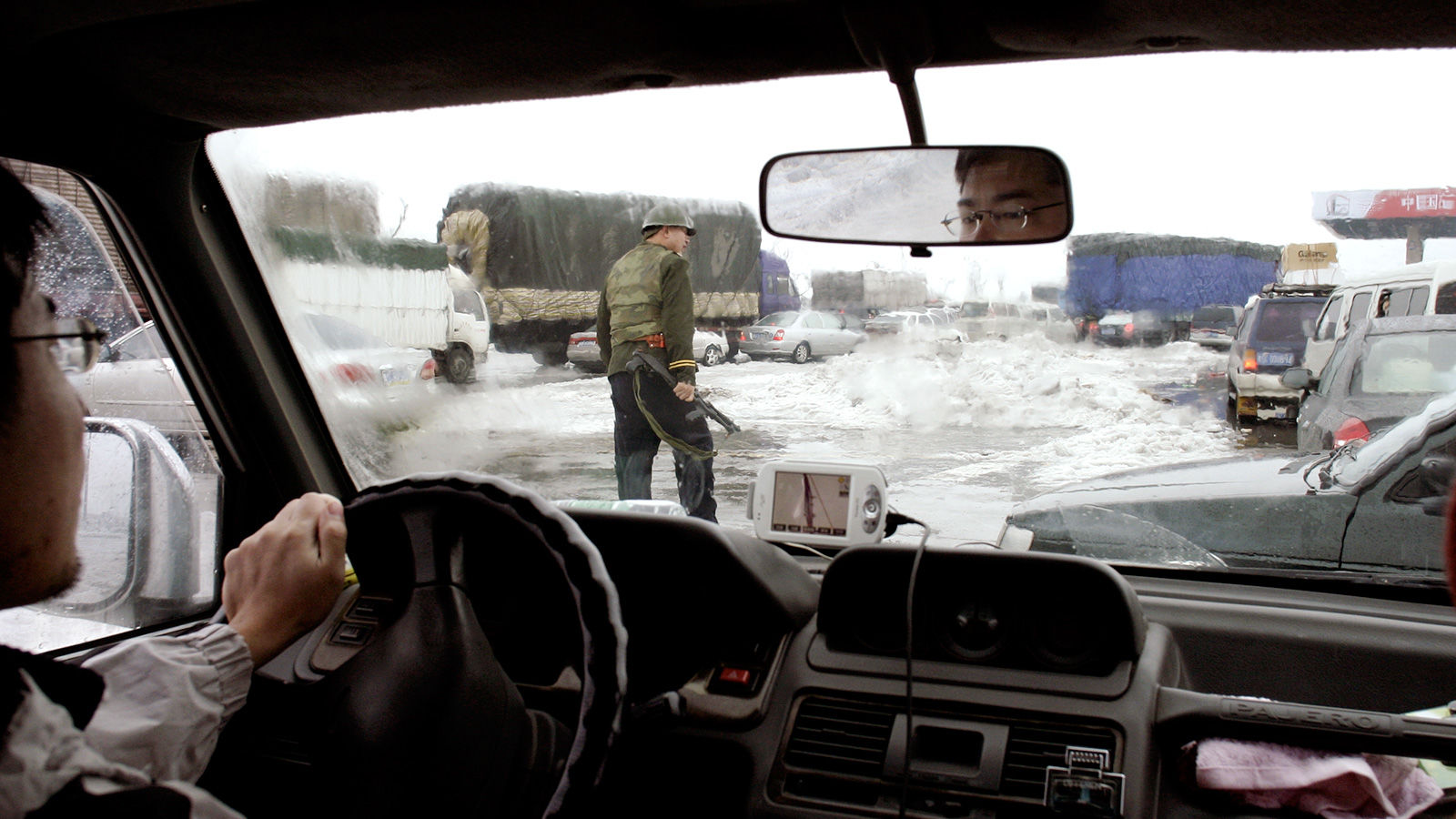
“You know, this really isn’t about the weather,” he said.
His reasoning: If this bad weather had happened a few weeks earlier or a few weeks later, Chinese resilience would hardly have been tested. Lost water and power? A pain perhaps, but most people would just throw on a few extra sweaters, hunker down, tell stories and wait it out without complaint. Supermarket out of almost everything? Everyone knows your body can function just fine on rice alone, for a long, long time.
But the New Year’s holiday in China isn’t just a “holiday” in the way most of the world uses that word. In the life of a modern Chinese, it’s the only time all year where your family life comes before everything else. On the outskirts of each small town and city we passed on this trip, we saw small groups hurrying along the side of the road, pulling little suitcases with handles and wheels, dressed against the bitter cold in thin, cheap black leather jackets—somehow, and very improbably, making their way home.
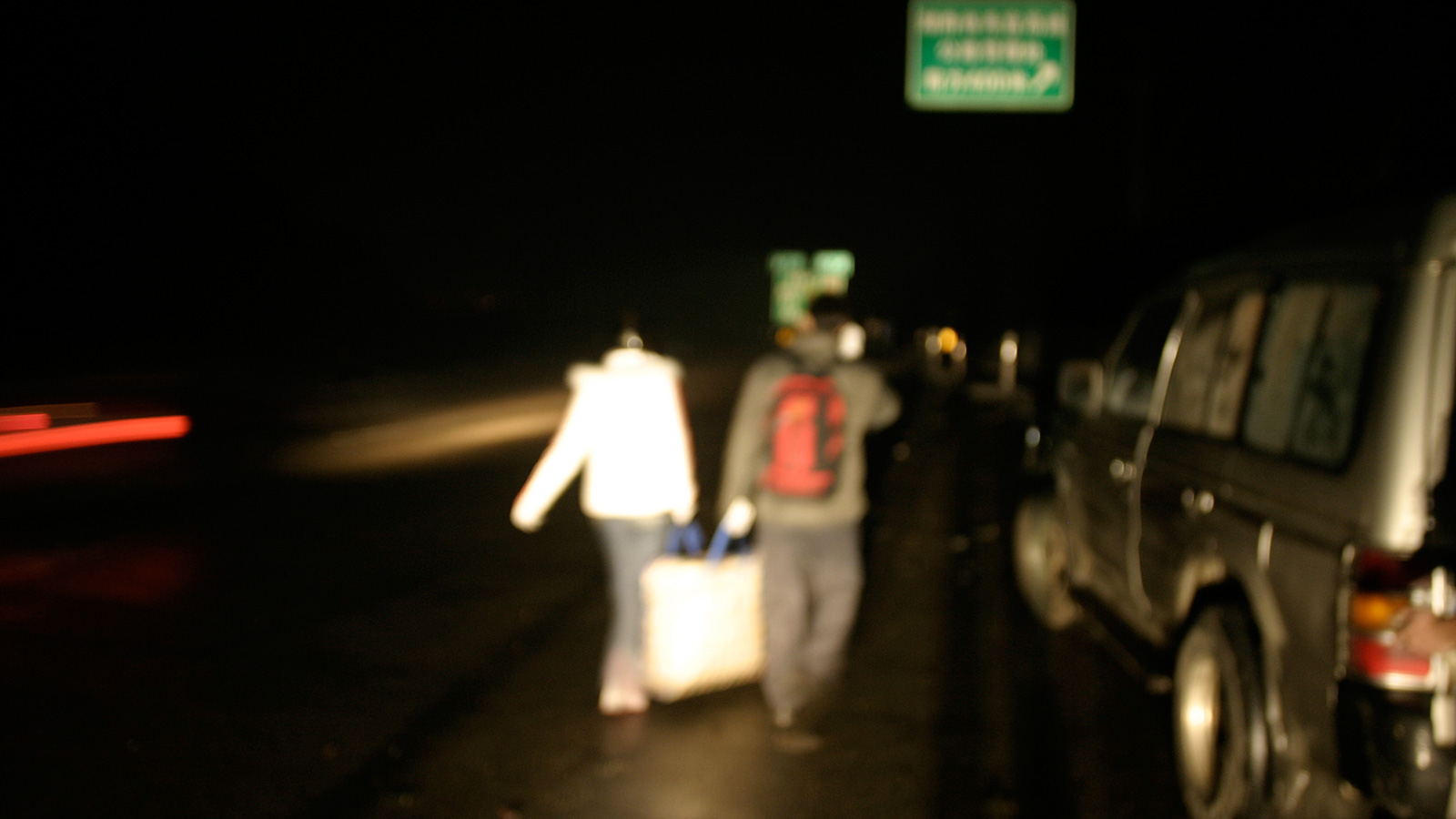
People are headed home
To an outsider, this urge, compulsion, instinct (or whatever it is) looks to be hard-wired into Chinese genes as surely as similar natural behavior is built into the homing pigeon, the caribou, the penguin. But it’s more than even that. For 358 days each year, modern China’s economy may require millions to live apart from family to find work, but the bargain is crystal-clear. For seven days each year the world owes every single Chinese, rich or poor, the undeniable right to get home to family.
No other way is it possible to make sense of the sight of a dazed crowd of 600,000 pressing itself mindlessly towards the Guangzhou train-station door. Being deprived of something this primal can make the generally easy-going Chinese edgy enough to energize their government to mobilize all its resources, no holds-barred, in the service of their personal happiness.
My musings were interrupted by a green reflective sign looming out of the darkness announcing Chenzhou 1 KM!
I can’t really explain the relief I felt seeing that sign, but it lasted only a few seconds until our walkie-talkie cackled. The truck had engine trouble! We all piled out and together hoisted back the truck’s cab, to reveal a sizzling, steaming engine. Our two drivers emptied out two large bottles of soda and walked off into the snowy darkness to find water. In short order the leaking radiator was fixed, or at least fixed enough, the driver thought, to get us to Chenzhou. We crossed our fingers.


